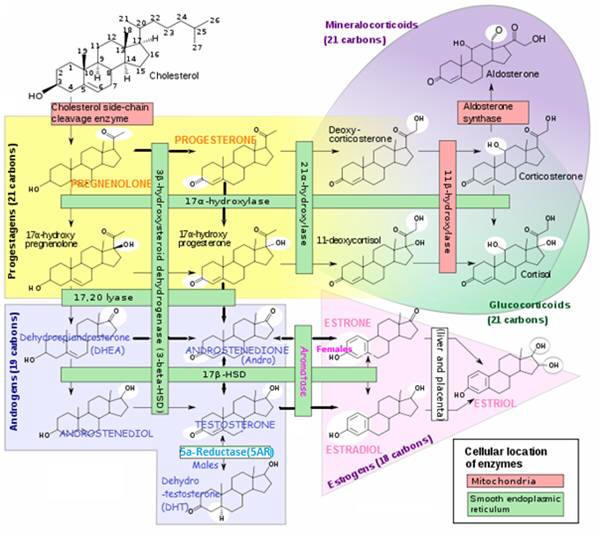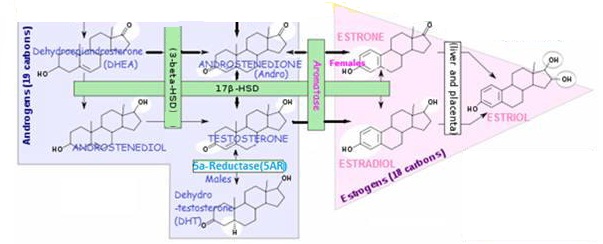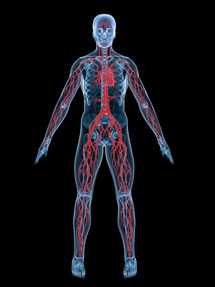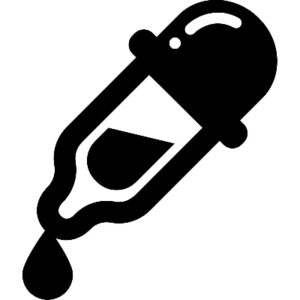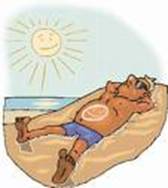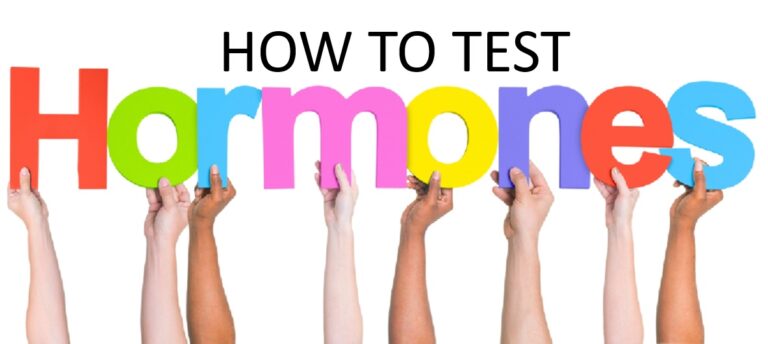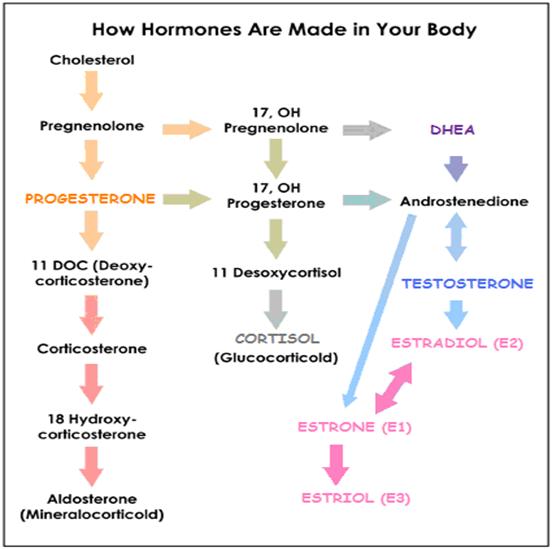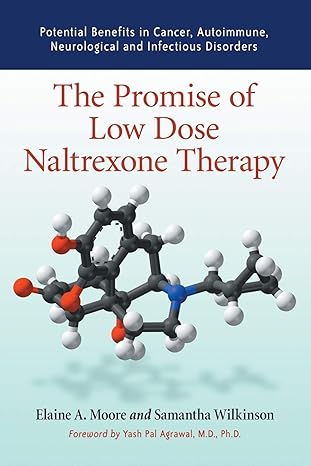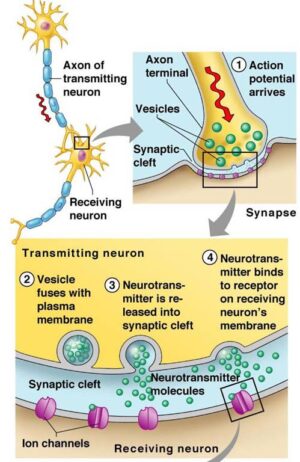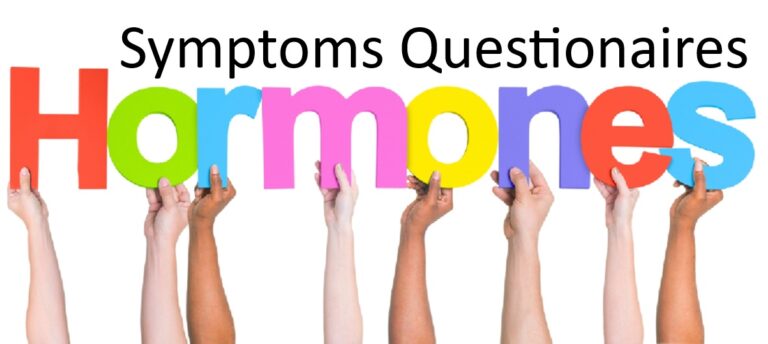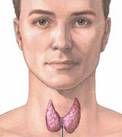How to naturally balance your adrenal glands (Stress Management glands)
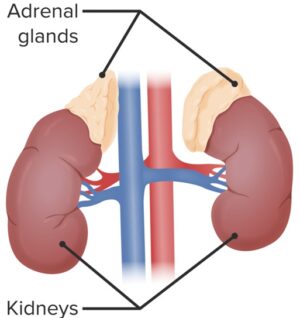
The adrenal glands
Where are they and what do they do?
You have 2 walnut-sized adrenal glands (One on top of each kidney) which secrete 50+ hormones (many essential for life), including:
- Glucocorticoids – including CORTISOL; help body convert food into energy, normalize blood sugar, respond to stress and maintain your immune system’s inflammatory response.
- Mineralocorticoids – including ALDOSTERONE; by maintaining a proper balance of sodium, potassium and water in the body, they help normalize blood volume and thus your blood pressure.
- ADRENALINE (EPINEPHRINE) – this hormone increases heart rate and controls blood flow to muscles and brain. Also helps liver convert its store of glycogen to glucose.
Body functions controlled by adrenal hormones:
- Maintain metabolic processes. E.g. blood sugar level management, regulating inflammation
- Regulating your body’s balance of salt and water
- Manage stress from all sources – especially controlling your “fight or flight” response
- Maintaining pregnancy
- Initiating and controlling sexual maturation during childhood and puberty
- Producing sex steroids – such as estrogen and TESTOSTERONE. Using bioidentical hormone therapy in an attempt to normalize male or female sex hormones, without FIRST normalizing adrenal function, will virtually guarantee failure because the weakened adrenals will never allow the hormones to find proper equilibrium.

Adrenals handle stress and "fight or flight" situations, but prolonged stress can cause them to fail in their function (adrenal fatigue)
Proper adrenal function determines how energetic you feel and your ability to cope with the physical demands of life. Fatigued (Worn out) adrenals cause you to feel exhausted and yet although a common problem, is very often misdiagnosed in the U.S. Wilson, James. “Adrenal Fatigue: The 21st Century Stress Syndrome.”Smart Publications, p. 6, 2002.
By increasing adrenaline and other hormones, prolonged stress increases heart rate and blood pressure and slows digestion enabling body to divert all its energies to the present potential threat or challenge. Prolonged stressors overwork the adrenals causing their fatigue, these stressors include:
- Anger, fear, anxiety, guilt, depression, worry, relationship problems and other negative emotions
- Overwork, including physical or mental strain
- Excessive exercise
- Sleep deprivation
- Light-cycle disruption (such as working the night shift or often going to sleep late)
- Surgery, trauma or injury
- Chronic inflammation, infection, illness or pain
- Temperature extremes
- Toxic exposure
- Nutritional deficiencies and/or severe allergies

Signs and symptoms of adrenal fatigue
Decreased adrenal hormones, notably CORTISOL. Deficiencies in certain adrenal hormones will vary from case to case, ranging from mild to severe.
Addison’s Disease. Mainly due to autoimmune disease, is adrenal fatigue In its most extreme form experienced by 4 out of 100,000 people. It causes muscle weakness, weight loss, low blood pressure and low blood sugar, and is potentially life threatening.
Hypoadrenia / Adrenal Fatigue symptoms can be debilitating:
- Unrelenting fatigue and weakness, especially in the morning and afternoon – unable to keep up with daily demands
- A suppressed immune system
- Increased allergies
- Muscle and bone loss and muscular weakness
- Depression and other mental disturbances, such as increased fears and anxiety
- Cravings for foods high in salt, sugar or fat
- Hormonal imbalance
- Skin problems
- Autoimmune disorders
- Increased PMS or menopausal symptoms
- Low sex drive
- Lightheadedness when getting up from sitting or lying down /abnormal blood sugar levels
- Decreased ability to handle stress
- Trouble waking up in the morning, despite a full night’s sleep -rely on coffee/soda stimulation
- Poor memory
People with adrenal fatigue often have bursts of energy at specific times –not untypical is a burst of energy around 6 p.m., followed by possibly resisted sleepiness at 9 p.m. or 10 p.m.. Another “second wind”at 11 p.m. is common, which may keep you from falling asleep until around 1 a.m.

Common adrenal function ACTH test does not diagnose adrenal fatigue
The ACTH (adrenocorticotropic hormone) test only recognizes extreme underproduction or overproduction of hormone levels (as shown by the top and bottom 2 % of a bell curve.
Inexpensive Salivary CORTISOL test CAN diagnose Adrenal Fatigue. Purchase online and do at home

How to recover from adrenal fatigue
Although natural treatments are very effective, expect recovery to take some time:
- 6-9 months for minor adrenal fatigue
- 12 – 18 months for moderate adrenal fatigue
- Up to 24 months for severe adrenal fatigue
Veracity, Dani. “Recovering From Adrenal Fatigue: How Your Body Can Overcome Chronic Stress and Feel Energized Again.”Natural News, April 6, 2006 http://www.naturalnews.com/019339.html (Accessed June 11, 2009)
KEY STEP: Address current and past emotional traumas in your life. Using prayer, meditation and/or Meridian Tapping Technique (MTT).
Rest when you feel tired. Short naps or just lie down in the day
Sleep in late if you feel like it (and if possible :)). At least until 9:00 am
Exercise moderately but regularly. Daily 30 min walk, rebounding
Make what you eat count nutritionally and control your blood sugar levels
- Eat a small meal or snack every 3 – 4 hours
- Eat within the first hour upon awakening
- Eat a small snack near bedtime
- Eat before becoming hungry – which indicates you have already run out of fuel (low blood sugar), placing additional stress on your adrenal glands
Avoid stimulants. E.g. coffee and soda – can further exhaust your adrenal glands
Possibly supplement with DHEA hormone with MD approval (if after above steps, you are not seeing desired results) – adrenals normally produce this natural precursor hormone, which levels can be low with adrenal fatigue.













![<span class="ACETYLCHOLINE">Acetylcholine (Ach)</span><span class="hdg-smaller"> – Movement, memory, learning neurotransmitter</span> – [Cloned #60543]](https://healthhappening.com/wp-content/uploads/2025/12/Ach.jpg)
